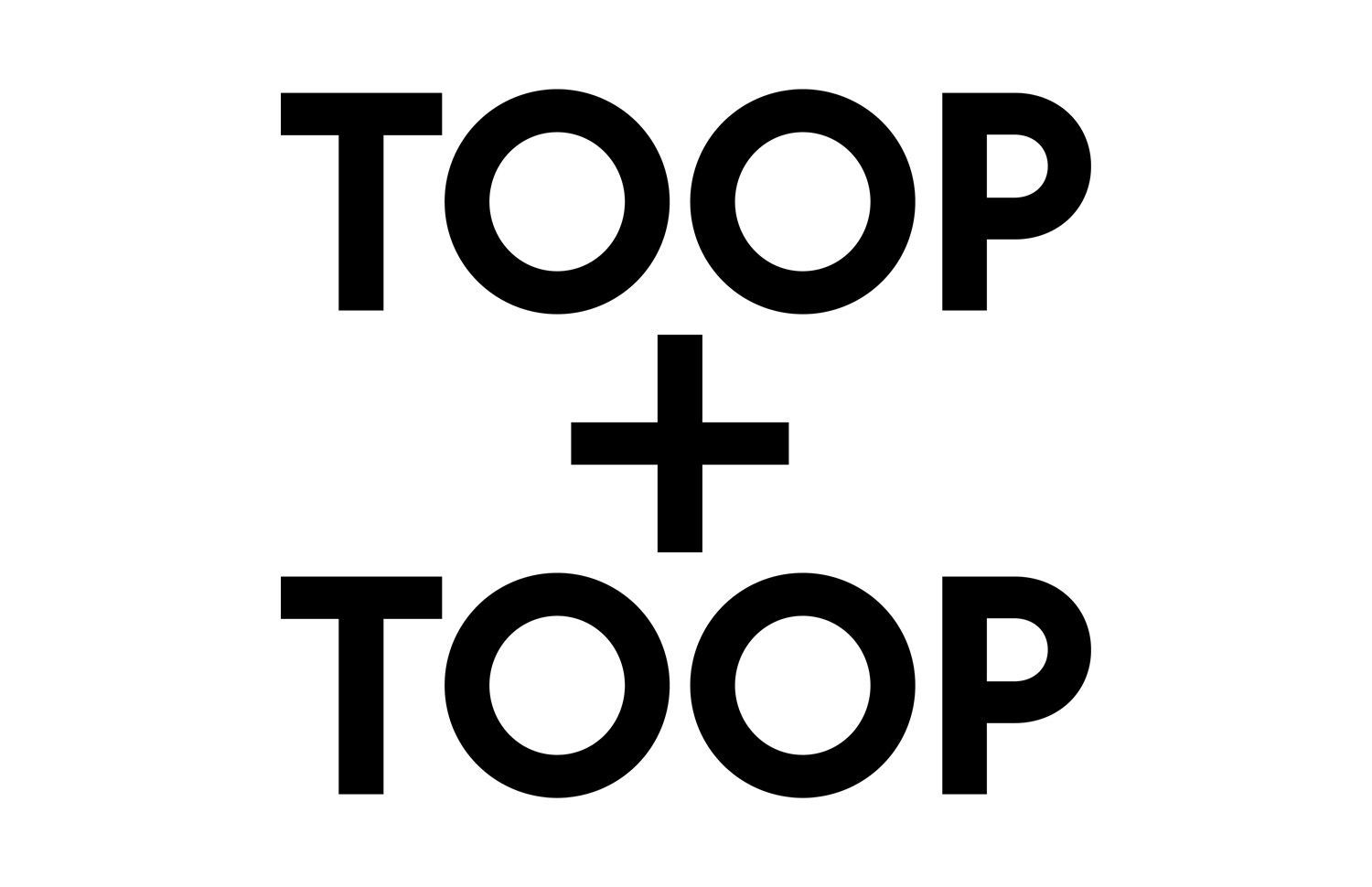November 29, 2020
What landlords need to know about flooring
Did you know that if a tenant damages your floor, they are liable for damages to your property?
What is the legislation around flooring?
Landlord and tenants need to know their obligations when it comes to maintaining flooring at their property. If your investment property contains carpet, tenants must leave it in the condition it was in at the start of the tenancy. If they fail to do so, they could be in breach of their tenancy agreement and may be liable for repairs, cleaning or reinstatement as per the Residential Tenancies Act 1995.
As a landlord, it tenants damage your floor and dispute your claim, you are within your rights to make an application to the South Australian Civil and Administrative Tribunal (SACAT) to establish if you are entitled to any compensation. Tenants are unlikely to be responsible for paying for the whole flooring replacement, usually just the portion have damaged. This will also depend on how old the flooring is and the amount of compensation received.
{"type":"Link","id":"6kQzvdYGo3D24TBETqdBVt","numimg":0}{"type":"Link","id":"6Moc8r1Y0TbAwi6JKWeiqA","numimg":0}What's the difference between floor damage and wear and tear?
Floor damage is when stains, spillages and permanent damage occur through tenant negligence. If floor damage occurs, landlords can claim the repair costs through the bond at the end of a tenancy or through their insurance policy, depending on the nature of the issue. Wear and tear, however, is caused by deterioration or damage associated with age and reasonable use. This includes worn vinyl, dents and minor scratches to timber and wooden flooring.
How can tenants avoid damaging flooring?
Use common sense.
Regular mistakes tenants can make includes leaving house plants on carpeted areas and leaving pet bowls on floors without mats. It is important for tenants to remember that water can cause significant damage to carpet and wooden flooring. Tenants should place house plants on stands and put covers underneath anything that could leak. They should also place leg caps under dining-room tables to avoid creating a permanent imprint, as well as chair feet covers. Tenants should avoid wearing high heels and shoes that will easily scuff on wooden floors. Many older wooden floors are softer than the man-made and engineered floors commonly used today.
